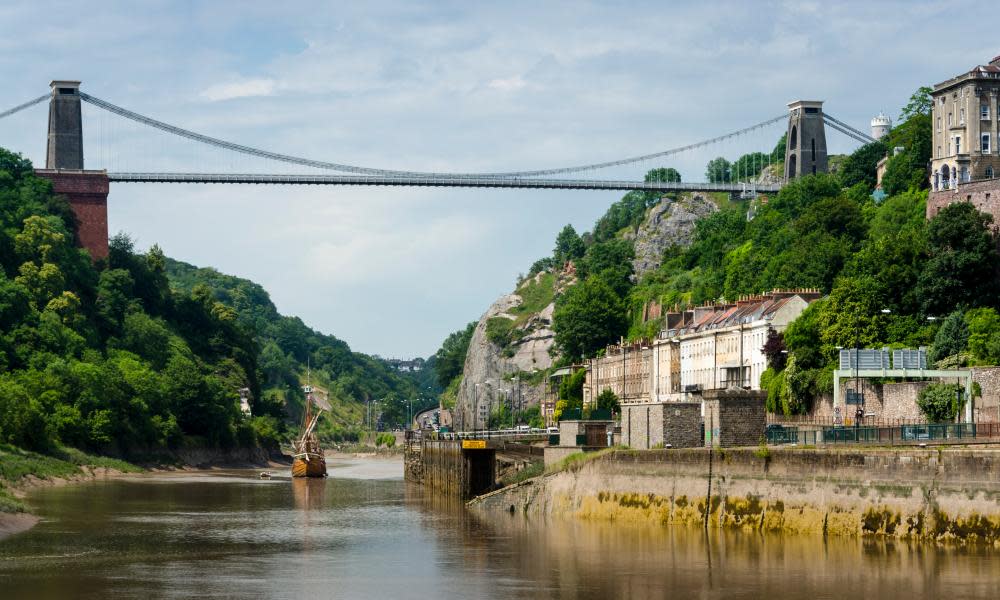Bristol plans to become carbon neutral by 2030

Bristol has declared a “climate emergency”, with the council unanimously backing a commitment to be carbon neutral by 2030 in an effort to avoid catastrophic climate breakdown.
The motion put forward by Green party councillor Carla Denyer and passed on Tuesday means the city has the most ambitious emissions targets of the UK’s core cities group – with radical policy implications in the coming years.
The move was triggered by a UN report last month which said the world has just 12 years left to avoid catastrophic climate breakdown.
Denyer said: “This is a fantastic day for Bristol and I’m delighted the council will be bringing forward its target for making the city carbon neutral by 2030.
She said the UN report made it clear that “time to preserve Earth as we know it is running out”.
“We can’t wait for the UN or national governments to negotiate when we have just 12 years to act – we have to show how it’s done and commit to ambitious action at the level of cities, which we did this evening.”
The target is much more radical than the UK government’s national target of an 80% reduction in emissions by 2050 and comes amid growing concern about interlinked ecological crisis, from climate breakdown to extinction.
In a sign of the growing frustration about lack of action, thousands of people are expected to take part in civil disobedience in the UK this weekend as part of the Extinction Rebellion campaign.
Denyer said that the Bristol declaration could see a focus on renewable electricity, carbon neutral buildings, congestion charges and investment in clean transport infrastructure.
It could also have far-reaching implications for big-ticket projects like the proposed expansion of Bristol airport.
“It will mean viewing all policy decisions through their impact on greenhouse gas emissions,” she added.
Denyer said that although there would be changes for residents, they would lead to wider benefits.
“It should be possible to achieve while maintaining the same or even improved quality of life, because changes that reduce carbon dioxide emissions often also address inequality, public health, air quality, etc.
“For example, encouraging active travel and public transport – that would reduce congestion as well as improving health outcomes by reducing air pollution and increasing uptake of cycling and walking.”
The move was inspired by US cities such as Berkeley and Hoboken, and the global C40 cities which have all set ambitious emissions targets.
Jonathan Bartley, the co-leader of the Green party, said Bristol’s decision – which won cross-party support on the council – had set “a gold standard on climate action”.
“With the UN warning we have just 12 years to limit climate catastrophe this is the common-sense policymaking we need to face the future.”

 Yahoo News
Yahoo News 